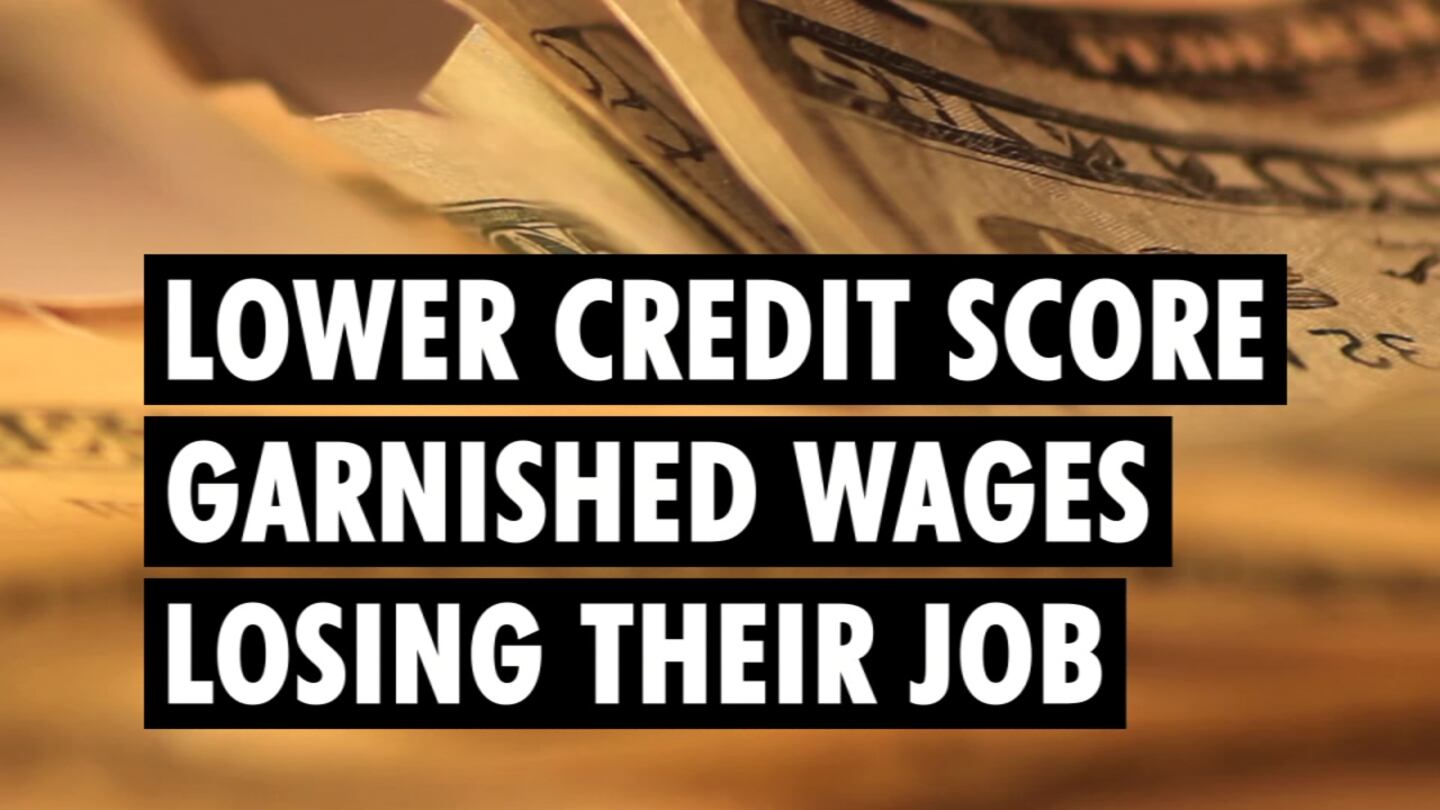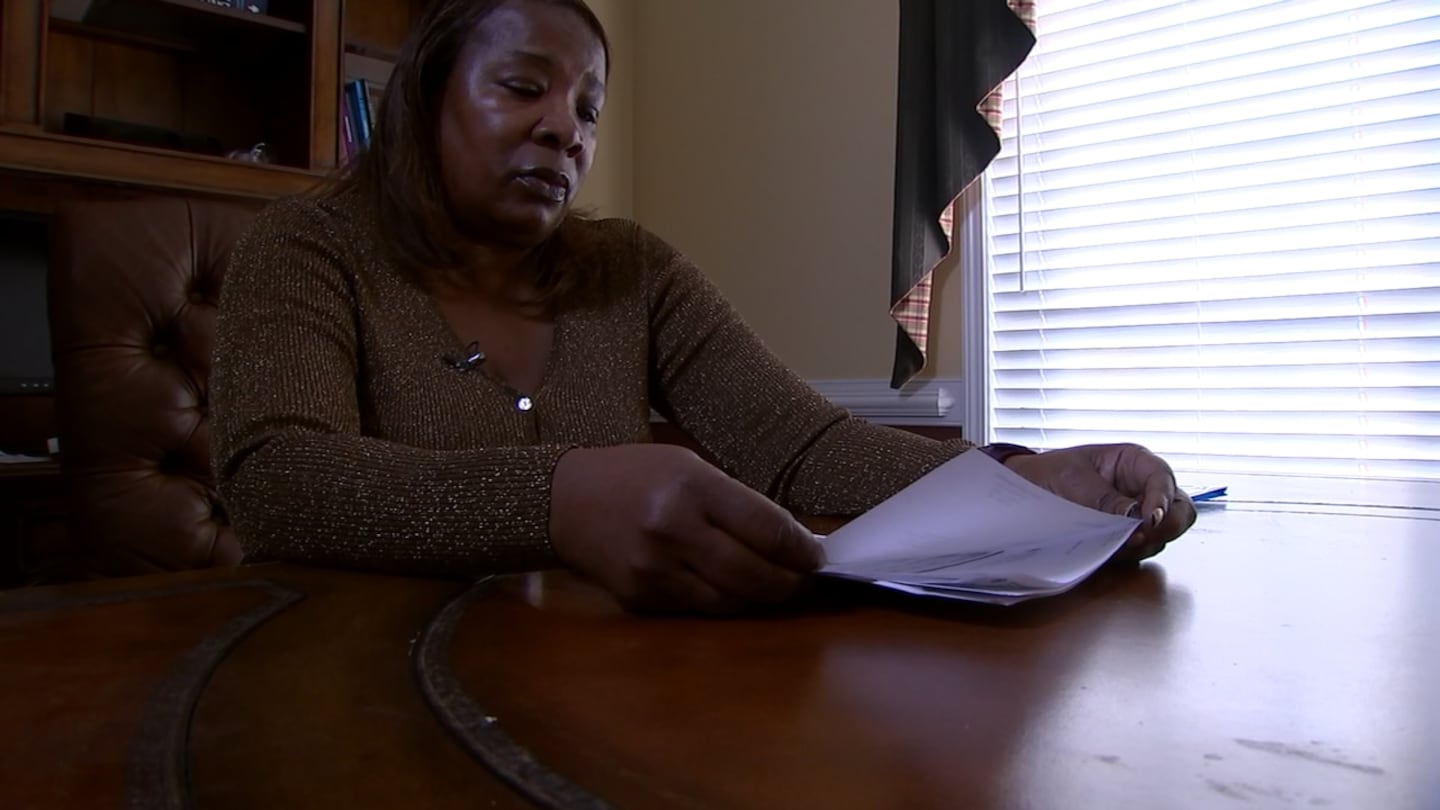ATLANTA — Registered nurse Debra Curry was shocked when she received a letter November 2014 from the Department of Justice notifying her she was violating Georgia law by not paying for a federal education loan, and the board of nursing would suspend her license if she did not pay.
“I have numerous loans, they’re hard to keep up with,” Curry said.
Curry pays more than $1,700 a month toward multiple loans, but the DOJ letter was the first time she learned one of her loans was in default.
“That’s alarming. It got my attention,” Curry said.
Curry was confronted with what many describe as a little-known law that’s on the books in more than a dozen states. When student borrowers don’t pay back federal loans they risk a lower credit score, garnished wages, and in Georgia, losing their job.
Now, a bill in the General Assembly could change the rules when it comes to professional boards suspending state licenses for nonpayment of student loans. Currently professional licenses through the
Secretary of State and the Medical Composite Boards must be suspended if the licensees’ federal student loans are in nonpayment or default.
Republican State Rep. Jason Spencer of Woodbine filled HB 653 in January. The bill would tweak the language of the current law, allowing individual boards to decide if suspension is appropriate.
“The way this law is written it essentially makes the state of Georgia a collection agency for the federal government,” Spencer said.
Sallie Mae sued Curry over the loan in 2008. Court records reveal Curry never filed defensive pleadings in the case, and a Henry County Superior Court judge ordered her to pay the principle on the education loan, 7 percent interest, and more than $3,000 in attorney’s fees.
“I know I owe the money. I’m paying the money back, but it’s like it never gets lower,” she said.
Curry took out student loans in the '90s, going to school to be a registered nurse, then a forensic pathologist. Curry said work took a back seat to her growing family, and money was tight.
State Representative Carolyn Hugley (D) of Columbus said “getting borrowers' attention” was the reason she sponsored the original law to suspend state licenses in 2001.
“If we allow students to default and not encourage them to be responsible borrowers we’re adversely affecting others,” Hugley said.
RECENT INVESTIGATIONS:
She said lawmakers were concerned default rates would keep future students from getting loans.
While there's no way to know how effective the threat of suspension is, the law does not appear to be used often. An open record request from the Secretary of State showed nine professional licenses have been threatened with suspension since 2012, and two of those are currently suspended for nonpayment.
The Georgia Medical Composite Board also suspends licenses, but the interim executive director told Channel 2 Action News by email they don't track suspensions, and only recalled a few licensees ever being threatened with suspension.
Student borrower rights group Student Debt Crisis’ founder and Director Natalia Abrams said though the law is unpopular, the potential consequence for professional license holders already facing financial hardship is outrageous.
“There are plenty of disincentives already, we don’t need to further create a negative atmosphere between the borrower and their servicer,” Abrams said. “Over 22 states passed these laws; however, we have now seen many states rescind the laws and they’re no longer in use.”
Abrams said if these laws were supposed to discourage student loan default, it didn’t work. According to the U.S. Department of Education, more than one million student loans went into default in 2016. The federal reserve reported student loan debt is nearly one and a half trillion dollars.
Cosmetology and Barber Board Chair Kay Kendrick said she likes the idea of each board deciding suspensions on a case-by-case basis. She said the more than 40 professional boards across the state are “boots on the ground” when it comes to the needs of the industries they govern.
“I realize there’s got to be some accountability for loans and defaulting on loans, but I also realize when you suspend a licensee from working you stop them from working,” Kendrick said.
Kendrick said if nonpayment of loans is the result of a licensee’s financial hardship, current state law is putting them at an even greater disadvantage.
“You generally are pushing them into working illegally without a license,” she said.
Spencer is also getting some bipartisan support for his bill. Hugley is a co-sponsor of HB 653. Hugley said she doesn’t have a problem letting the individual boards choose whether to suspend. She said getting students educated before they take out loans should be the priority.
“More than anything I’m concerned our students are not getting proper financial advice before they’re taking on loans,” Hugley said.
The Department of Justice declined Channel 2 Action News' request for comment on license revocation laws like Georgia's. In the case of Curry, the threat of losing her nursing license worked. She set up a payment plan with the DOJ after receiving their letter. Another $50 a month goes towards her previously delinquent payment.
But the letter and the threat of suspension are now a public record, and she said it’s a permanent mark on her work history.
“Nobody wants to have attached to their license this negative thing,” Curry said. “I feel like they’re criminalizing me.
Cox Media Group






